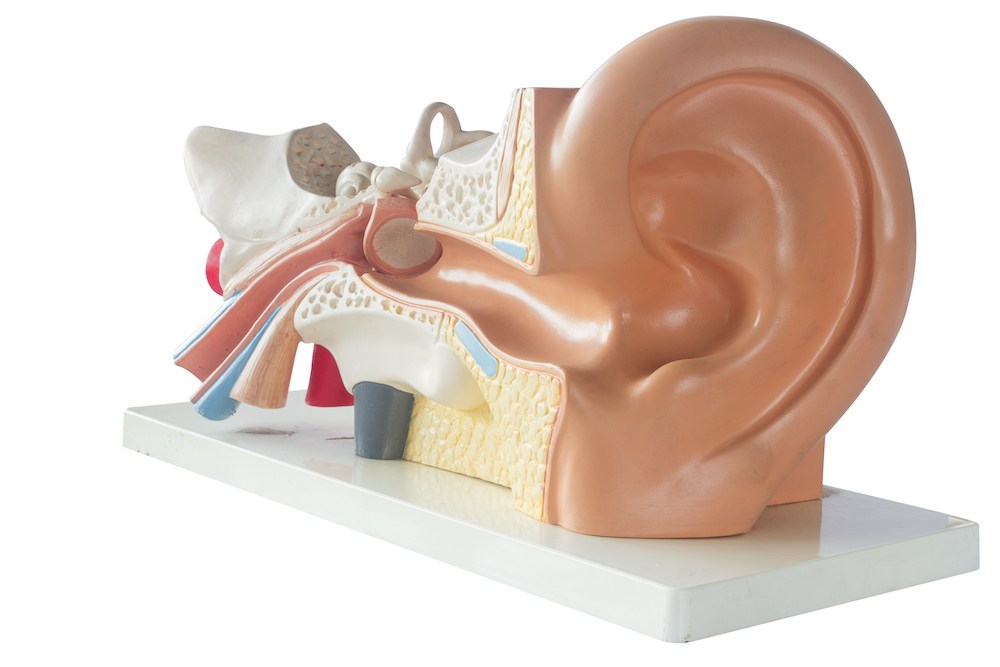The Benefits of Rechargeable Hearing Aids
Understanding the world of hearing loss might seem overwhelming, but

By: admin | June 23, 2023
Hearing loss is a surprisingly common problem, affecting millions of people around the world. Numerous things, including genetic conditions, inner auditory damage and even exposure to loud noises, can result in it. One potential side effect of hearing loss, which can have serious repercussions and substantially lower quality of life, is an increased risk of balance and coordination problems. In this piece, we’ll examine the connection between hearing loss and balance and coordination problems as well as some management techniques.
Hearing loss is a condition in which an individual has difficulty hearing certain sounds or comprehending conversations. It can be mild, making it challenging to hear some high-pitched sounds or comprehend voices in a noisy setting, to serious, making it possible that the person may have trouble understanding any sound at all. Hearing loss can be caused by anything from age-related changes in the inner ear to genetic disorders and even exposure to loud noises such as gunfire or explosions.
While most people with mild hearing loss can usually find ways to compensate and lead a relatively normal life, individuals with moderate to profound hearing loss may be at an increased risk for balance and coordination problems. This is because the inner ear plays a vital role in helping us keep our balance. When it’s not functioning properly due to hearing loss, this can lead to decreased stability when standing or walking, as well as difficulty with activities that require good coordination such as sports or driving.
Hearing loss may trigger balance and coordination issues for a number of reasons. One of them is the potential for hearing loss, which might make it harder to keep our balance because we wouldn’t be as aware of where our body was in reference to its surroundings. According to a different hypothesis, damage to the inner ear may also affect the cerebellum and other parts of the brain that are involved in balance and coordination. The transmission between the neck muscles and other organs that maintain balance can also be hampered by hearing loss. The likelihood that someone with hearing loss will experience equilibrium and coordination issues may rise as a result of all of these factors.
A variety of symptoms, such as dizziness or vertigo, unsteadiness when walking or standing, trouble understanding conversations in noisy environments and even nausea, may be experienced by people with balance and coordination issues. Depending on how serious the hearing loss is, these symptoms can be mild to severe. In some cases, individuals may also note that their balance is significantly worse after periods of extended use such as working at a computer for several hours or participating in sports activities.
If you have difficulty balancing or coordinating your movements, it’s important to see a hearing health professional. They will be able to perform an examination and order tests such as an audiogram to determine the cause of your symptoms. From there, they can suggest strategies for managing your balance and coordination issues. Depending on the degree of hearing loss, these treatments may entail using assistive devices like hearing aids, taking drugs to ease nausea or vertigo, engaging in physical therapy exercises to improve balance and changing one’s lifestyle by avoiding loud noises or reducing stress.
In addition to adhering to your hearing health professional recommended course of treatment, there are a few proactive steps you can take to help handle balance and coordination issues brought on by hearing loss. For instance, you can ease the pressure on your ears by making sure you’re in a quiet setting when speaking with others. Additionally, focusing on posture and staying active through regular exercise can help improve your balance and coordination. Finally, if you are struggling with dizziness or nausea due to hearing loss-related balance issues, it’s important to get plenty of rest and stay hydrated as this can help alleviate these symptoms.
Individuals can lead more active and healthy lives by taking measures to address both the underlying cause of balance and coordination issues linked to hearing loss as well as managing their symptoms. With the right strategies in place, it’s possible to minimize the risk of injury or falls due to impaired balance or coordination. In addition, by addressing hearing loss-related issues early on, individuals can take greater control over their quality of life as they age. To learn more about Hearing Solutions Inc. at (701) 566-7280, and you’ll be informed in no time.
Tags: hearing and balance, hearing loss

Understanding the world of hearing loss might seem overwhelming, but
By: admin | February 28, 2024

Hearing loss requires the right treatment and management so individuals
By: admin | December 28, 2023

Tinnitus is a common issue affecting hearing. Some cases of tinnitus are
By: admin | November 25, 2023
